
- Article
- Article
“Life and the universe change our plans”
Artist Lil Sullivan returns to the printmaking workshop for the first time after her stroke, and uses broken and discarded everyday objects to create art.

- Article
- Article
The cures and demons of sleep paralysis
Discover the murky past of sleep paralysis, the terrifying disorder once associated with demonic possession

- Article
- Article
How music opens the doors of memory and the mind
People living with dementia can often still listen, perform or move to music. What does this tell us about how memories are formed?

- Article
- Article
The catharsis of cringe
Watching cringe comedy can be therapeutic. Find out why some of us are drawn to the build-up of stress in shows like ‘Frasier’ and ‘The Office’.

- Long read
- Long read
The ambivalence of air
Daisy Lafarge investigates the effects of air quality and pressure on body and mind, exploring air as cure, but one with contradictions.

- Article
- Article
The hidden history of homesickness
Gail Tolley delves into the history of homesickness and discovers that its rich past holds a clue to how we view the experience today.
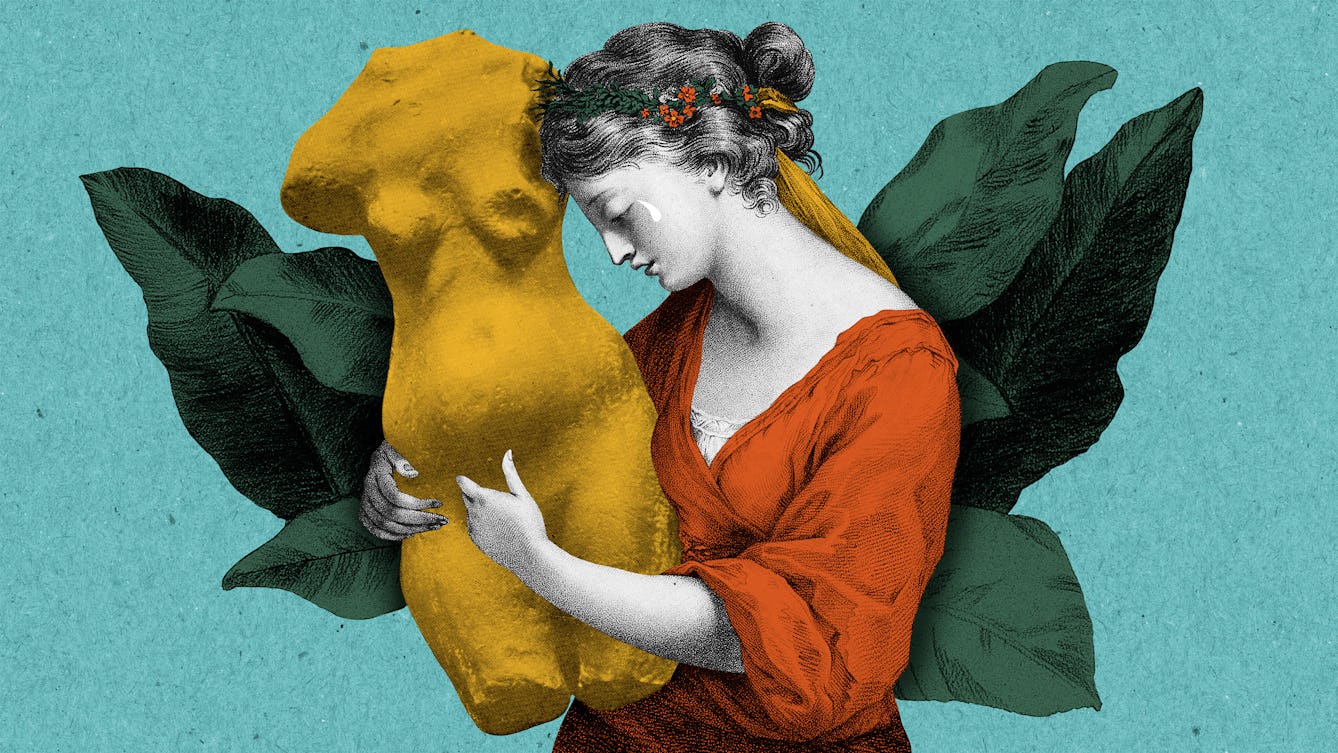
- Article
- Article
The secret sting of cystitis
Agnes Arnold-Forster recounts her experiences of cystitis, explaining how this illness intersects with sexism, shame, and stigma from medical professionals.
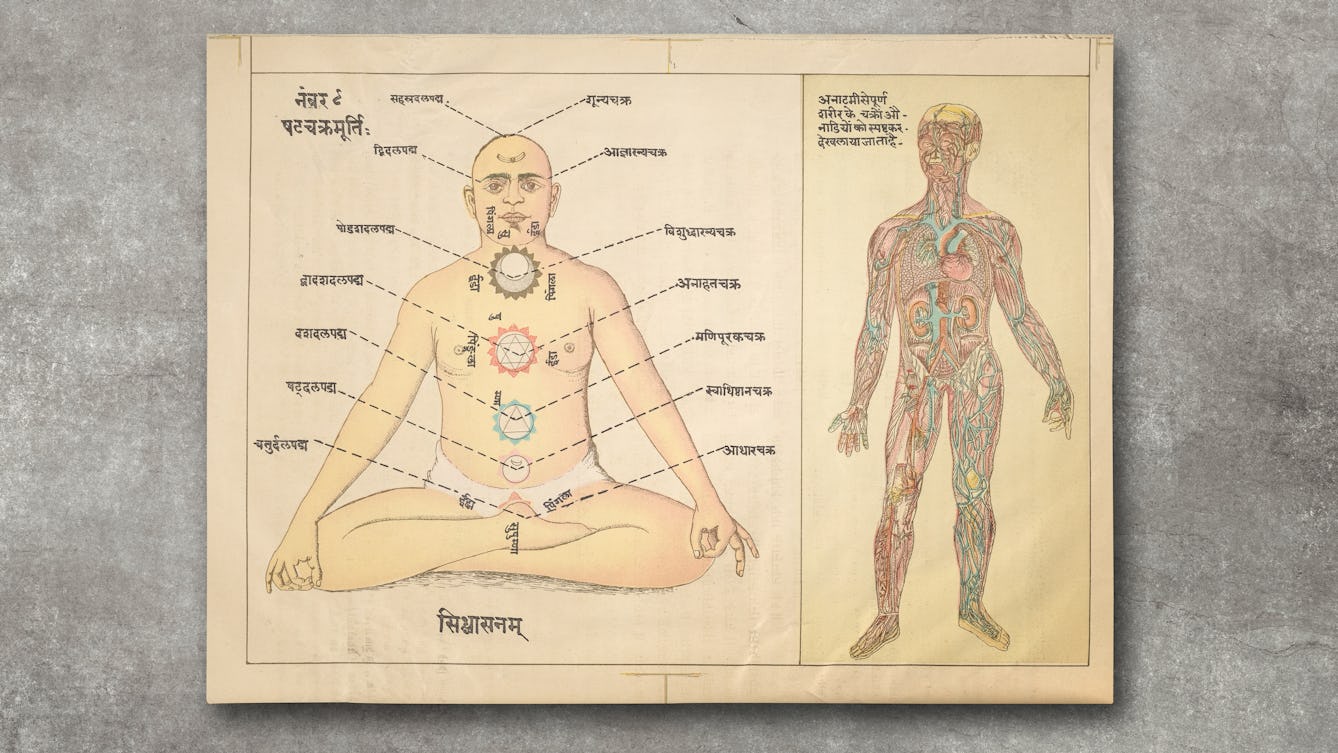
- Article
- Article
The healing power of breathing
The healing powers of different breathing methods are said to help with a range of health challenges, from asthma to PTSD. Effie Webb traces their spiritual origins and explores the modern proliferation of breathwork therapies.
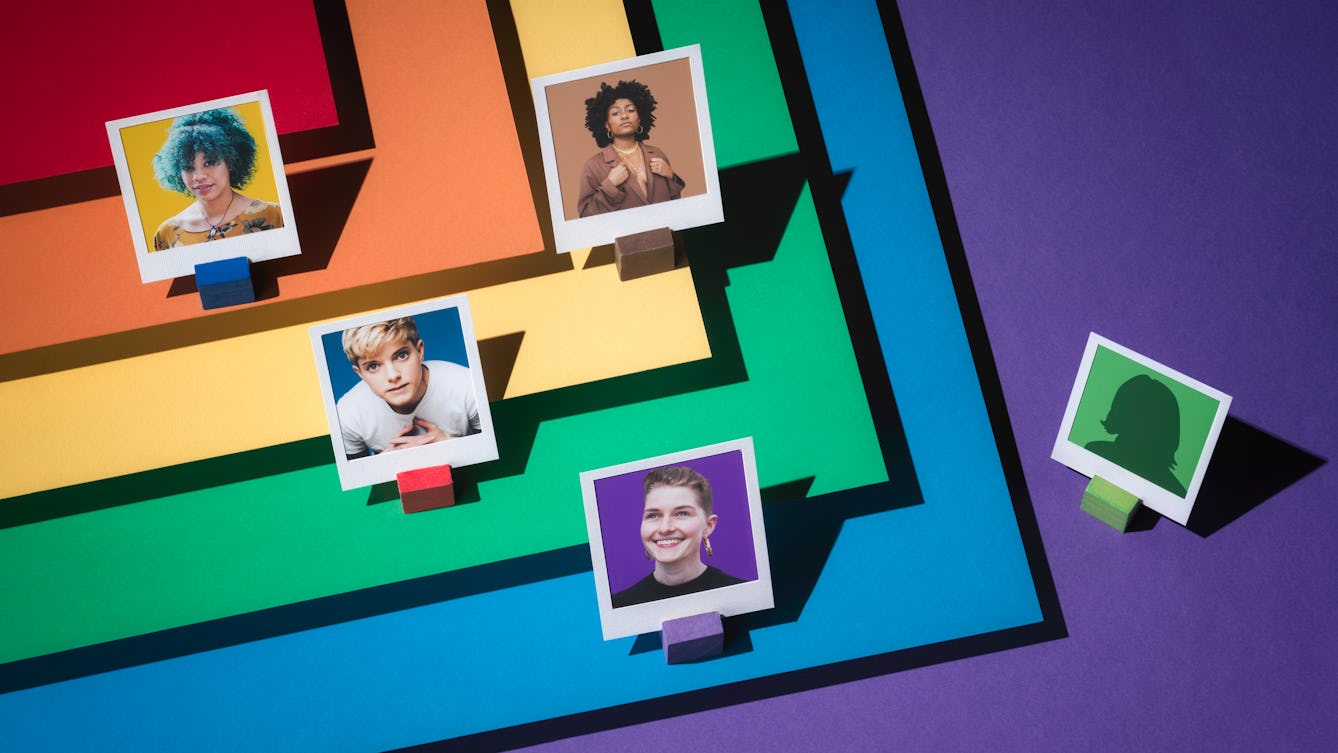
- Article
- Article
In celebration of LGBTQ+ comedy
At school, homophobic jokes made Ella Braidwood feel uncomfortable and ashamed. Fast-forward to today’s inclusive comedy scene, and her very different feelings of hope and happiness.

- Article
- Article
Pain and the power of touch
As a new physiotherapist, Fiona Murphy quickly learned that her patients’ pain was unpredictable and very personal. But using the right words became the key to helping them.

- Article
- Article
“Everybody desires a degree of independence”
I’m 26, and building a network of friends and my career. Unlike most people my age, I’m entirely dependent on carers to achieve this.

- Article
- Article
The birth of the public museum
The first public museums evolved from wealthy collectors’ cabinets of curiosities and were quickly recognised as useful vehicles for culture.

- Article
- Article
In search of the ‘nature cure’
Under the competing pressures of modern life, many of us succumb to mental ill health. Samantha Walton explores why so-called ‘nature cures’ don’t help, and how the living world can actually help us.

- Article
- Article
The sweet sound of synthetic speech
After Alex experienced a serious deterioration in his sight, he came to rely on artificial voices to help him with everyday tasks. Find out how synthetic speech came to be developed.

- Book extract
- Book extract
Winter blues and the story of SAD
In ‘Chasing the Sun‘ Linda Geddes reveals why for some people, winter is literally depressing, showing how we first came to recognise seasonal affective disorder (SAD).

- Article
- Article
Colonialism and the origins of skin bleaching
The widespread practice of skin bleaching was heavily influenced by the Western colonisation and slavery of African and South Asian countries. Ngunan Adamu explores this toxic history.

- Article
- Article
The birth of Britain's National Health Service
Starkly unequal access to healthcare gave rise to Nye Bevan’s creation of a truly national health service.

- Article
- Article
Self-obsessing in the age of selfies
The tiny, joyful spark of a social media ‘like’ can lead to a damaging obsession. Find out how far people will go when their phone addiction gets the upper hand.

- Article
- Article
Is shoegaze the loneliest genre of music?
Christine Ro explores the connection between shyness and shoegaze.
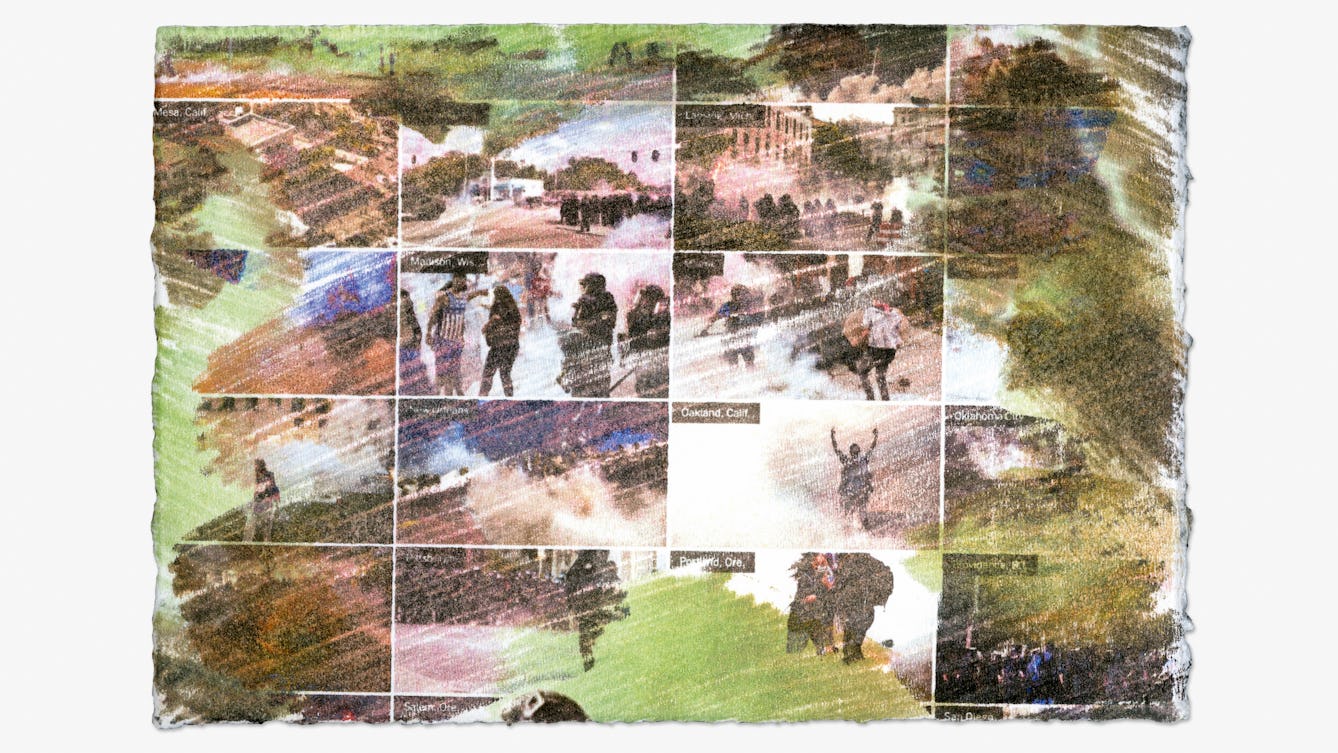
- Article
- Article
Tracing the toxic story of tear gas
Investigating tear gas – from factory to Black Lives Matter protest – Imani Jacqueline Brown uncovers a toxic legacy where pollution, violence and racism are intimately entwined.
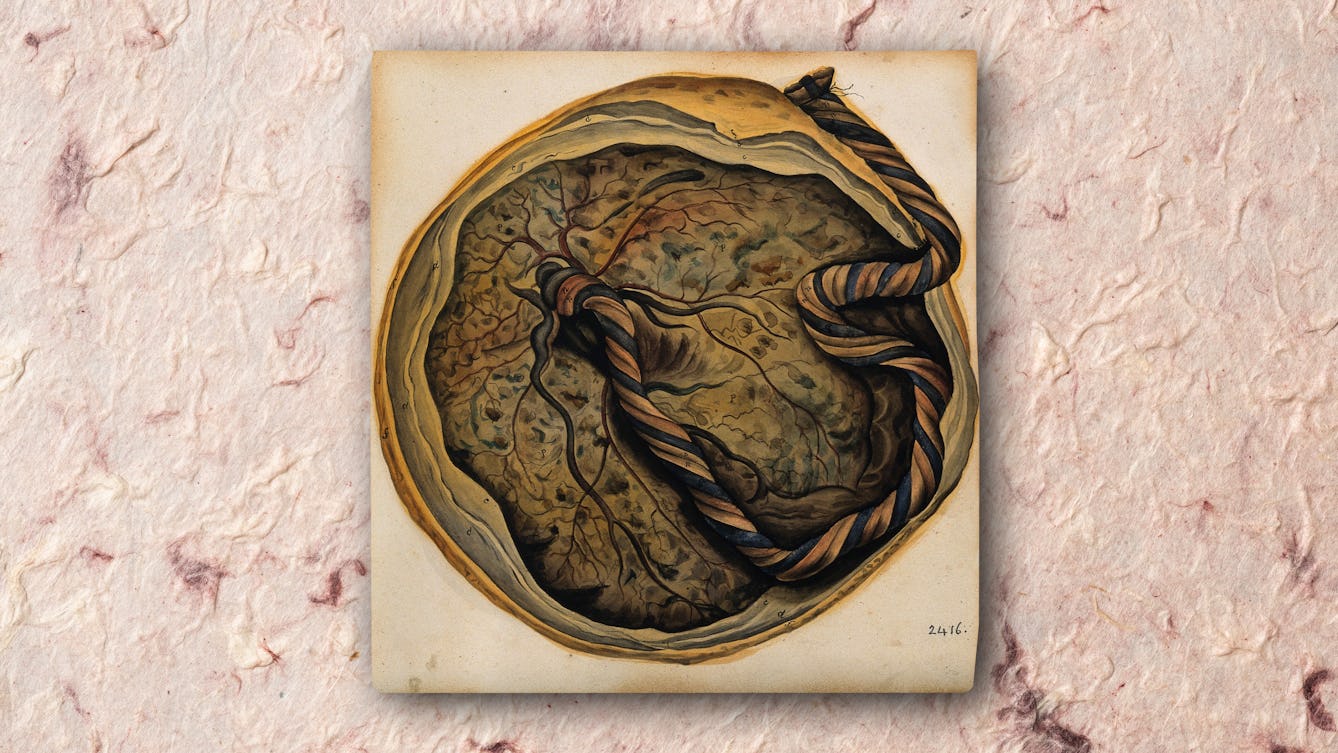
- Article
- Article
Womb milk and the puzzle of the placenta
A human baby needs milk to survive – and this holds true even before it’s born. Joanna Wolfarth explores “womb milk”, as well as ancient and modern ideas about the placenta.

- Article
- Article
The unearthly children of science fiction’s Cold War
In the 1950s a new figure emerged in British novels, film and television: a disturbing young alien that revealed postwar society’s fear of the unruly power of teenagers.

- Article
- Article
How tuberculosis became a test case for eugenic theory
A 19th-century collaboration that failed to prove how facial features could indicate the diseases people were most likely to suffer from became a significant stepping stone in the new ‘science’ of eugenics.

- Article
- Article
Busting myths about turkey-baster babies
The popular idea of sex-free, turkey-baster-led conception has been around since the 1970s. Christine Ro goes beyond the utensils drawer to find out if it’s ever really happened.

- Article
- Article
Medics, migration and the NHS
In the 1960s the NHS became Britain’s biggest employer. So to help fill all those jobs, the government brought in thousands of workers from abroad.